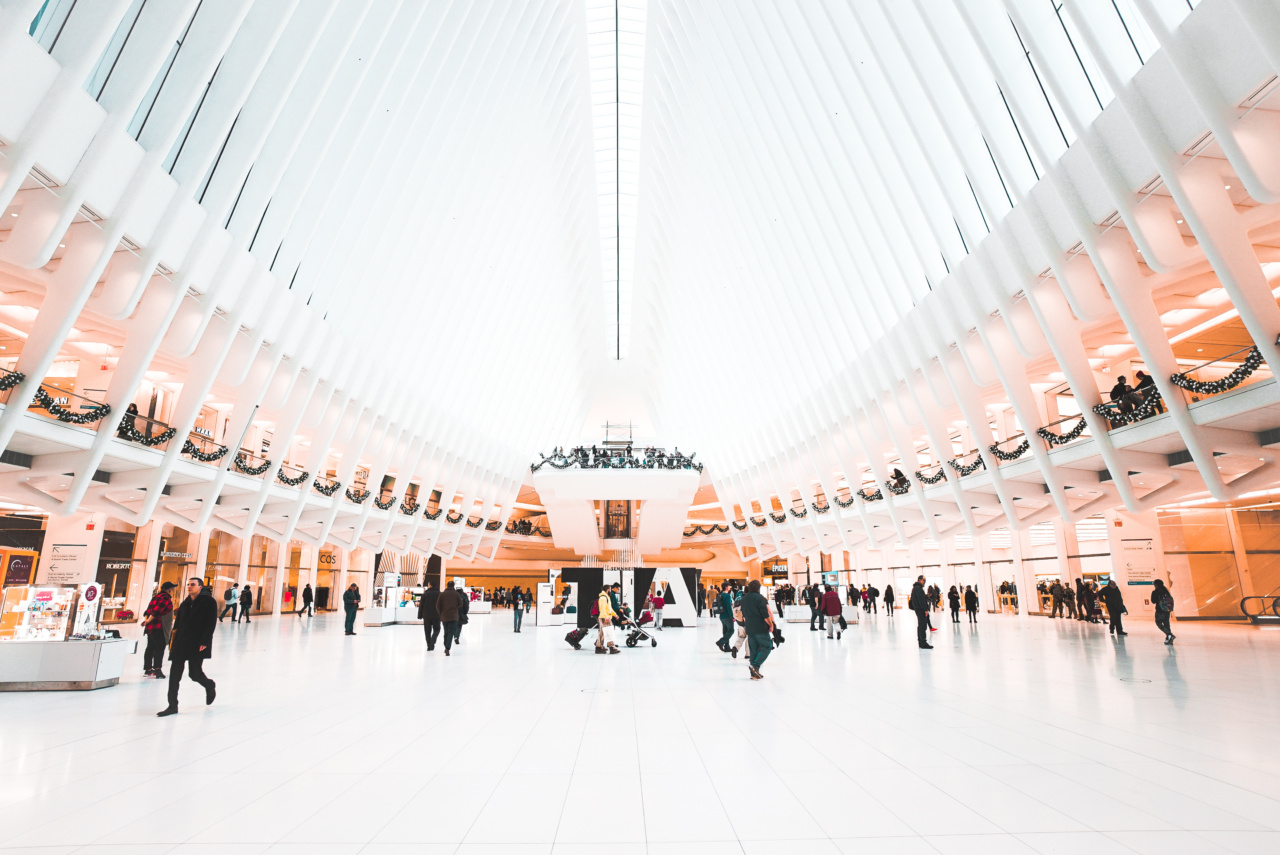As we venture deeper into the 21st century, the world of childhood has undergone significant changes. Children today are growing up in an era vastly different from that of their parents or grandparents.
Advancements in technology, shifting social norms, and new parenting styles have created a complex landscape for modern childhood. This article delves into the various intricacies and challenges faced by children in today’s world.
The Impact of Technology
One of the most prominent factors shaping modern childhood is technology. With the rapid growth of smartphones, tablets, and other digital devices, children are more connected than ever before.
The internet has become a vast playground, offering limitless opportunities for entertainment, education, and socialization. However, this increased exposure also brings new risks, such as cyberbullying, online predators, and the pressure to maintain a curated online presence.
Changing Social Dynamics
Alongside the influence of technology, shifting social dynamics have also played a significant role in shaping the modern childhood experience.
The traditional nuclear family has given way to diverse family structures, such as single-parent households, blended families, same-sex couples, and co-parenting arrangements. These changes can impact a child’s sense of identity, belonging, and stability.
Social media has also revolutionized the way children interact and form relationships. The pressure to fit in, gain likes, and present a flawless image can take a toll on a child’s mental health.
Additionally, the constant exposure to carefully constructed online personas can blur the lines between reality and fantasy, potentially affecting a child’s self-esteem and perception of others.
Academic Pressure and Competition
In today’s highly competitive world, academic success has become a paramount concern for many parents and children.
From an early age, children are pushed to excel academically, often participating in numerous extracurricular activities and enrolling in specialized programs. This intense focus on achievement can lead to increased stress levels, anxiety, and a reduction in time for unstructured play and creativity.
Environmental Concerns
The state of the environment has become a pressing issue in recent years, and children are increasingly aware of the challenges faced by our planet. Climate change, pollution, and dwindling natural resources have become regular topics of discussion.
Many children are actively advocating for change, participating in climate strikes, and taking up environmentally friendly practices. However, this awareness can also add to their anxieties about the future and the world they will inherit.
Risk of Overstimulation
The abundance of stimuli in today’s world can lead to overstimulation for children. From the constant barrage of advertising to the fast-paced nature of entertainment, children are often bombarded with sensory input.
This overstimulation can lead to difficulties with focus, attention, and self-regulation. Additionally, the reliance on screens for entertainment can hinder the development of crucial social and emotional skills.
Policies and Politics
Children are not immune to the effects of political and policy decisions. Issues such as immigration, gun control, and healthcare have a direct impact on children’s lives.
They may experience the fear of separation from their families, participate in lockdown drills, or face challenges accessing necessary healthcare. Policies that address the needs and well-being of children are crucial for their growth and development.
Mental Health Challenges
The complex world of modern childhood has also given rise to a range of mental health challenges. From increased rates of anxiety and depression to the impact of social media on self-esteem, children today face unique psychological stressors.
The fast-paced nature of life and the pressure to perform can contribute to feelings of overwhelm and burnout.
The Role of Parenting
Modern parenting styles have adapted to the changing landscape of childhood. Parents today strive to strike a balance between ensuring their child’s safety and independence.
The hyper-awareness of potential risks and dangers can lead to overprotective parenting, known as helicopter parenting. On the other hand, some parents embrace a more hands-off approach, opting for free-range parenting. Finding the right balance can be a challenging task for caregivers in navigating the complexities of modern childhood.
The Importance of Play and Imagination
Amidst the challenges and complexities, it is essential to prioritize play and imagination in childhood. Unstructured play allows children to explore, create, and develop critical skills such as problem-solving, empathy, and resilience.
Encouraging imaginative play can foster creativity and help children navigate the complexities of the world around them. Balancing technology with outdoor activities and creative play is vital for the holistic development of a child.
Conclusion
The world of modern childhood is a complex one, influenced by technology, changing social dynamics, academic pressure, and environmental concerns.
Children today face an array of challenges, from navigating the online world to dealing with academic stress and mental health issues. It is crucial for parents, educators, and society as a whole to understand and support children as they navigate this intricate landscape.
By fostering a safe, nurturing environment and encouraging well-rounded development, we can help children thrive in the complex world of modern childhood.






























